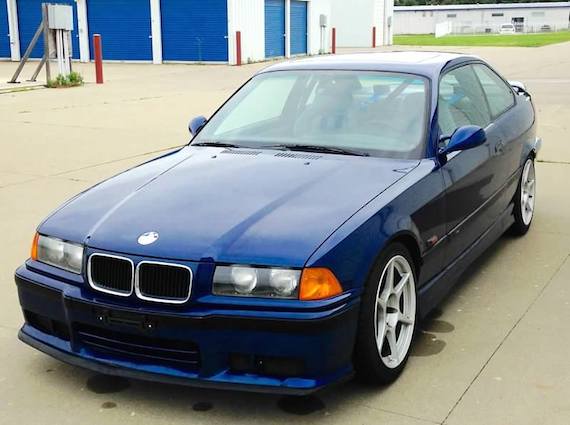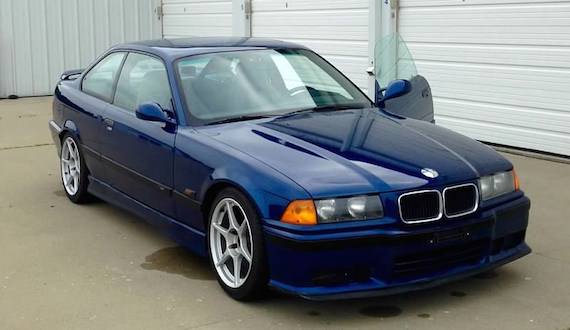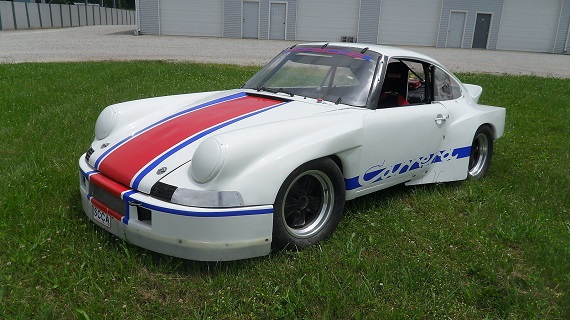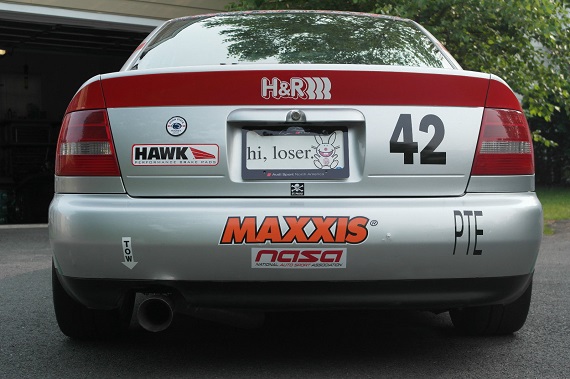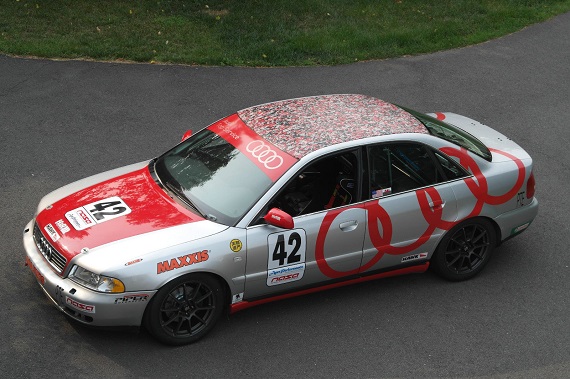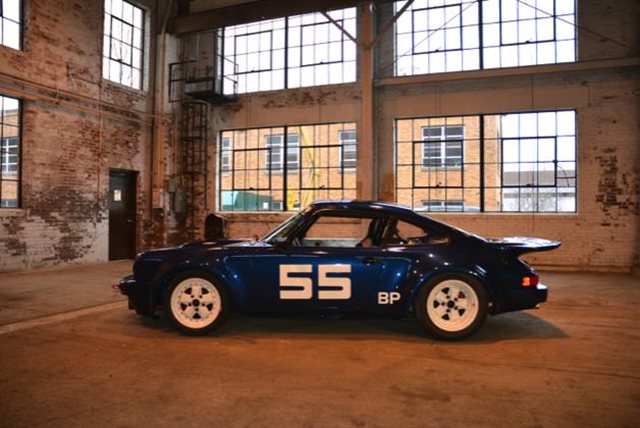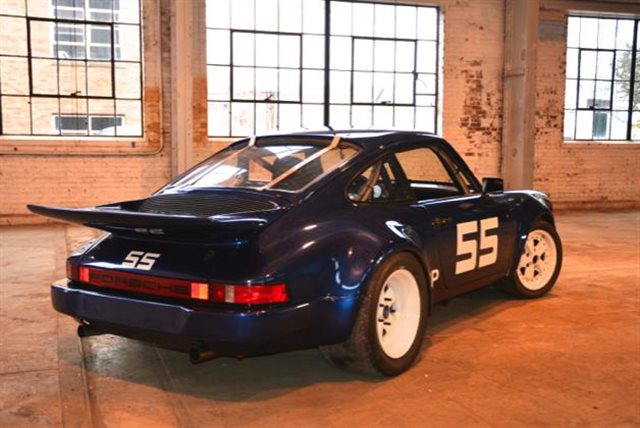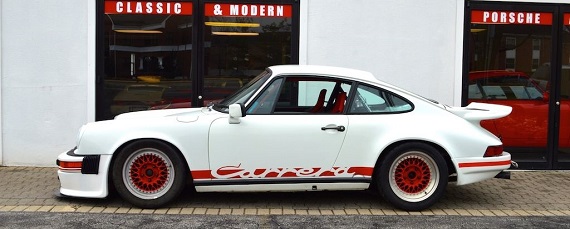It might not be Motorsports Monday, but with the weekend just around the corner, it’s a great time to contemplate a track day car. This 1995 BMW M3 comes to us by way of our friends at Euro Werkz and represents the first year for the E36 M3 in the US market. This example has been worked over, with additions such as an adjustable suspension, floating brake rotors and four point roll bar. While it’s done up decidedly for competition, this M3 is also street legal. In addition, a Chevrolet pickup with trailer comes as a part of the package, in case you don’t want to drive the M3 to the track.
Tag: race car
Well before the market on classic air-cooled 911s exploded, they were often used as intended – hard. If the 911’s natural habitat was the race track, enthusiasts outside of the factory efforts were happy to oblige as voluntary park rangers, taking streetable examples and turning them into race cars. While in international competition the FIA was the governing body, in the U.S. one very popular racing body many turned to was the Sports Car Club of America – still very active today. In stark contrast to earlier’s RSR tribute, then, and well before values were on the rise, an enterprising racer took today’s 1969 911S and turned it into a race car. Raced extensively in SCCA as early as 1980, this is one unique 911S:
CLICK FOR DETAILS: 1969 Porsche 911S on eBay
1 CommentThey have a reputation for being a bit heavy, underpowered and prone to understeer – all things that make track enthusiasts cringe. But let’s not forget that the B5 Audi A4 carried on a proud tradition of successful touring cars; it was entered into nearly every series and notably won a few championships – the ’95 and ’96 Italian Superturismo Championship and the ’96 British Touring Car Championship, besting the popular favorites BMW and Alfa-Romeo. Such was the continued dominance of the quattro drive system that in every successive championship the Audis were entered in, they were eventually banned from the series. But the resurgence of Audi to the forefront of Touring Cars proved to be a boost for sales of the popular B5 chassis, making it an instant favorite amongst fans who traveled to the track. While Audi changed priorities in the later ’90s from the BTCC and ITC, there were nonetheless several teams who ran examples of the A4, notably in the “World Challenge” sanctioned by SCCA. With liveries inspired by the classic A4 Super Touring, the more production-based A4 World Challenge gained mostly safety equipment and competed in the lower “Touring” class against the likes of the Acura Integra and BMW 325i, while after 2001 the S4 was introduced to run with the big boys. While not nearly as fast or special as the STW A4s which carry unique Audi Sport chassis numbers, an example of these lesser A4s captures the look at a fraction of the price:
CLICK FOR DETAILS: 2000 Audi A4 2.8 quattro on eBay
Comments closedGetting into the world of historic Porsche race cars is fairly easy. All you really need to do is have a seriously large bank account, and virtually any day of the week a historically important factory race car will be for sale somewhere in the world. What that means most recently in the market is that when you’re viewing those great classic 911 silhouettes from Spa and Le Mans to Laguna Seca and Watkins Glen at classic motorsports events is that you’re looking at – at minimum – multi-hundred thousand dollar vehicles with multi-hundred thousand dollar restorations being run on liquified trust funds. The costs of running vintage cars hard are simply staggering. However, there’s a second tier of vehicles that gets you accepted into the lofty Elysium of vintage racers – period cars that were run by privateers. Today’s 911S is one such car; built in period and raced against the full factory efforts, it has some pretty significant names and achievements attached to it:
CLICK FOR DETAILS: 1974 Porsche 911 SCCA B Production Race Car on eBay
Comments closedOver the past few decades, the classic car market has been so crazy in some cases that former race cars have been reverted expensively back to street models in order to capitalize on their greater value. Factory race cars obviously retain their appeal – sometimes even if they were never raced – yet cars that were converted by your average enthusiast retain the prospect of a return to their former street-worthy status. One of the most popular cars to convert to track use has traditionally been the Porsche 911, a car that since it’s inception was a gentleman racer in the making. But with values in a shocking climb, will we see these 911s leave their ancestral home at the track and head for climate-controlled garages with heavy specialty insurance premiums?
